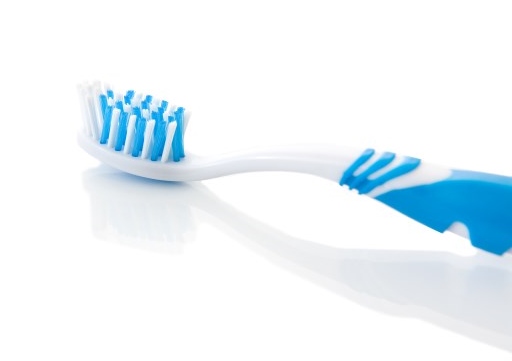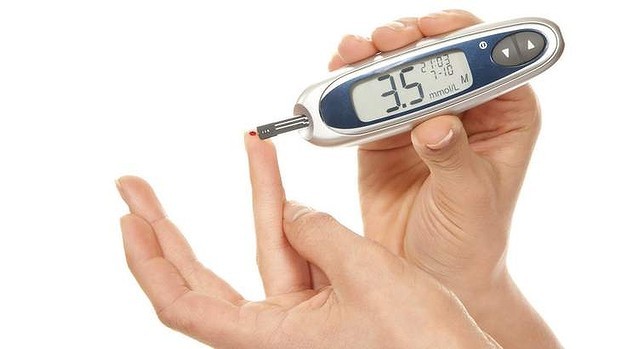PUBLISHED IN TCI WEEKLY
April 25th 2015

For people living with diabetes, high blood sugar can take a toll on your entire body- including your teeth and gums. Added to this, gum problems can be more common than for other people and the consequences can be potentially worse. The good news is that prevention is in your hands and it does not have to be complicated, significantly different to that followed by a non-diabetes sufferer or expensive.
Why is someone with diabetes at higher risk of teeth & gum problems?
The structure of the blood vessels is altered in a person who has diabetes, which can impact on the efficiency of the blood flow. This in turn can compromise the strength of the bone and gums and therefore leave them more susceptible to infection. A secondary point is that if diabetes is not well managed there may be higher-than-usual levels of glucose in the saliva which encourages the increase of bacteria in the mouth.
The potential problems
Gum Disease
People with diabetes are at an increased risk of serious gum disease because they are generally more susceptible to bacterial infection and have a decreased ability to fight the bacteria that can invade the gums. It is estimated that a third of all diabetics will suffer from gum disease at some point.
“Periodontal (gum) disease further complicates diabetes because the inflammation impairs the body’s ability to utilize insulin,” says Pamela McClain, DDS, president of the American Academy of Periodontology. To further complicate matters, diabetes and periodontitis have a two-way relationship. High blood sugar provides ideal conditions for infection to grow, including gum infections. Fortunately you can use the gum disease-diabetes relationship to your favor: managing one can help bring the other under control.
The symptoms of gum disease include bleeding, inflamed, red or sore gums; receding gums; pus around the teeth/ gums; bad breath and in severe cases the bone is eroded and the teeth become loose.
Thrush
This is a fungal infection characterized by creamy/white patches on the tongue, lips or inside the cheeks. It can also cause redness or bleeding, soreness, an unpleasant taste and cracks at the corners of the lips.
Cavities
If the diabetes is not well managed the saliva in the mouth will contain a higher-than-normal level of glucose. The bacteria in the mouth will turn this sugar to acid which attacks the enamel of the teeth and causes dental decay and cavities.
Dry Mouth
This can be a result of uncontrolled glucose levels and as well as being uncomfortable can also encourage the development of gum disease or thrush. Patients with dry mouth also have a higher incidence of decay as there is not enough saliva to buffer the acid produced after eating, so increasing the risk of cavities.
 Best practice to maintain a healthy mouth
Best practice to maintain a healthy mouth
Whether you have type 1 or type 2 diabetes, the single most important point is to control your blood glucose levels. Then, as with anyone, you need to follow a sensible daily teeth-cleaning schedule. This means brushing your teeth twice a day, once in the morning when you wake and last thing at night before you go to sleep. Use a fluoride toothpaste and brush for around 2 minutes morning and evening. Flossing between the teeth is recommended once a day.
Regular six monthly check-ups with the dentist are important and will ensure that any problems such as gum disease, infection or tooth decay are detected early and action taken. If your dentist is not already aware, it is important to inform him that you have diabetes. A balanced, healthy diet and if possible avoiding smoking will also help to maintain healthy teeth and gums.